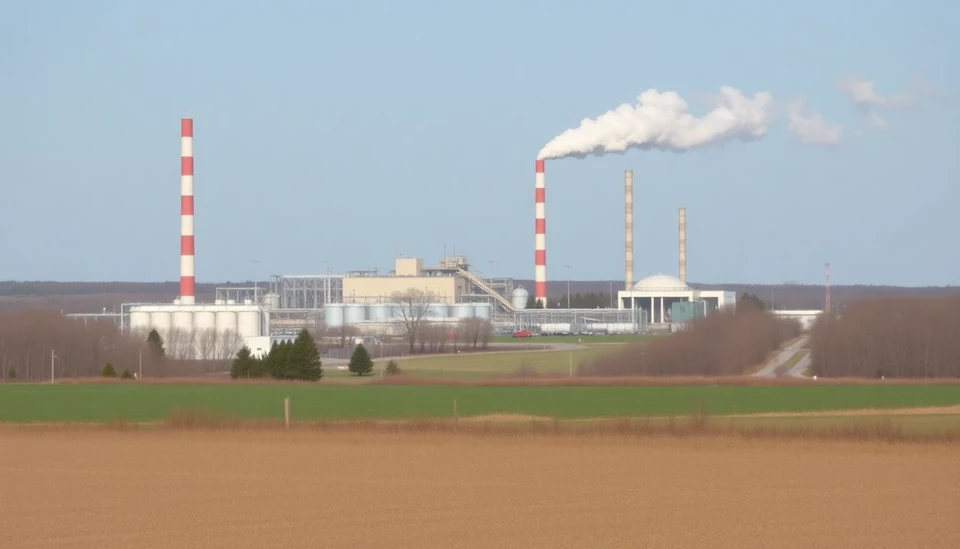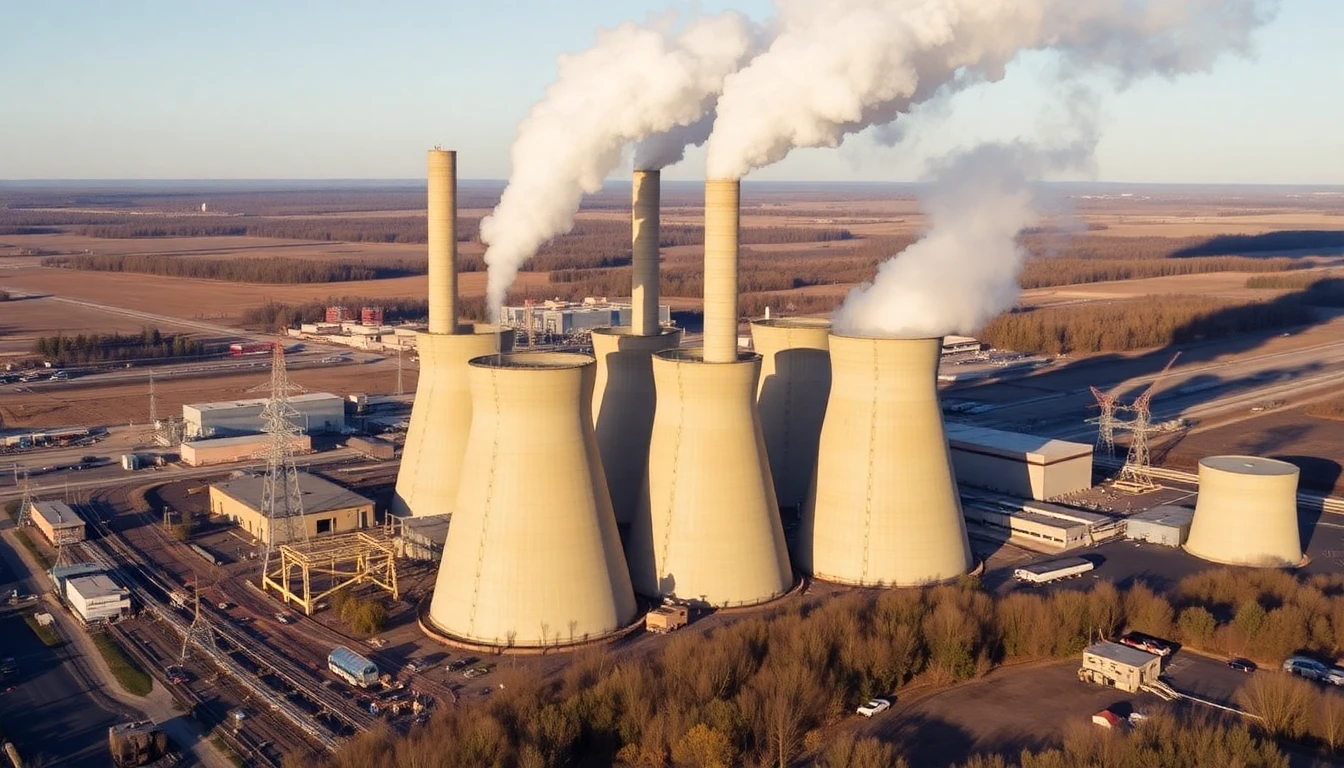
Duke Energy, one of the largest electric utility companies in the United States, is facing scrutiny after the removal of explicit climate change language from its planning documents. This decision comes at a time when the company is simultaneously advancing the construction of new natural gas power plants. Critics view this move as a significant pivot away from environmental commitments, raising questions about the company's long-term sustainability and climate action strategies.
The change in terminology includes the omission of phrases that denote a dedication to reducing greenhouse gas emissions and other climate-related objectives. In place of these phrases, Duke Energy has shifted focus to operational efficiencies and reliability of service, a move that has sharply divided public opinion and raised concerns among environmental advocates.
As part of its energy transition plan, Duke Energy is under pressure to align its operational strategies with broader national goals to combat climate change. However, the company has asserted that the construction of additional gas plants is necessary to ensure reliability and meet growing energy demands, especially in regions experiencing population growth. Proponents of the utility argue that natural gas serves as a crucial bridge fuel that can help reduce reliance on coal and other high-emission energy sources.
Nevertheless, many climate experts criticize this rationale, emphasizing that continued investment in fossil fuels undermines efforts to achieve net-zero emissions. This perspective is bolstered by ongoing advancements in renewable energy technologies, which they argue should be prioritized instead of expanding fossil fuel infrastructure.
In the current climate policy landscape, utilities like Duke Energy are expected to take more aggressive steps toward decarbonization. The company's recent actions appear to contradict these expectations, signaling a potential retreat from previously established climate commitments as they focus on immediate operational needs.
The situation at Duke Energy reflects a broader national trend where utility companies are grappling with the balance between meeting current energy demands and addressing long-term environmental challenges. As the utilities sector undergoes transformation, the implications of such decisions may have lasting impacts on both local communities and global climate change efforts.
As debates surrounding energy sources and climate policies continue, the spotlight remains on corporations like Duke Energy to step up and take responsibility for their environmental impact. Stakeholders are urged to hold these entities accountable, ensuring that they remain committed to a sustainable future while simultaneously addressing energy safety and reliability.
#DukeEnergy #ClimateChange #NaturalGas #EnergyPolicy #Sustainability #EnvironmentalImpact #CleanEnergy
Author: Peter Collins

